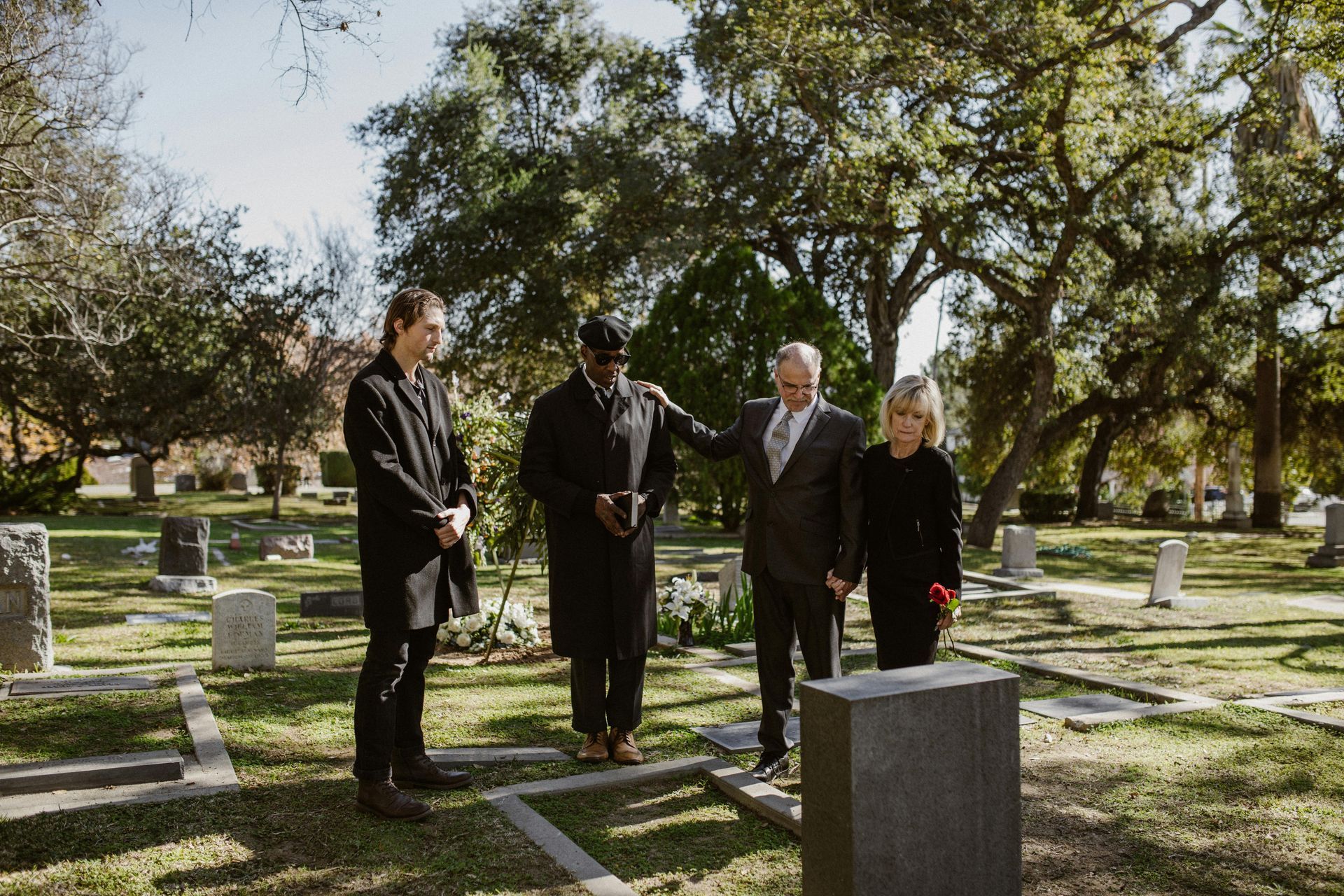What Happens If You Die Without a Will in Texas?
What Happens If You Die Without a Will in Texas?
Thinking about the future isn’t always easy, but creating a will is one of the most important steps you can take to protect your loved ones and ensure your wishes are respected. In Texas, if you die without a will—a situation known as dying “intestate”—state law determines how your assets are distributed. This process can lead to outcomes you might not expect or want.
At David A. Munson, PC, we help individuals in Houston understand the legal consequences of dying without a will and guide them in creating personalized estate plans that avoid these issues.
Texas Intestate Succession Laws: Who Gets What?
When a person dies without a valid will in Texas, the distribution of their estate follows the rules of intestate succession. These laws apply only to assets that would have passed through a will—such as solely owned property—not those with designated beneficiaries like life insurance or joint accounts.
Here’s how intestate succession typically works:
If You’re Married
- Community Property (property acquired during the marriage):
- If you have children with your current spouse, your spouse inherits all community property.
- If you have children from a prior relationship, your spouse keeps half, and your children split the other half.
- Separate Property (owned before marriage or acquired by gift/inheritance):
- Your spouse receives one-third of your personal separate property, and your children get two-thirds.
- For real estate, your spouse gets a life estate in one-third, with the remainder going to your children.
If You’re Single
- Assets pass in this order:
- Children
- Parents
- Siblings
- More distant relatives (e.g., aunts, uncles, cousins)
If no relatives can be found, your assets could go to the state of Texas through a process called escheat.
Potential Problems of Dying Intestate
Dying without a will can create several legal and financial complications for your family:
- Delays in Asset Distribution: The probate process may take longer as the court identifies heirs and appoints an administrator.
- Family Disputes: Without clear instructions, disagreements between surviving relatives are more likely.
- Unintended Beneficiaries: Assets may go to relatives you wouldn’t have chosen, while close friends, unmarried partners, or charitable organizations receive nothing.
- No Guardian for Minor Children: The court will decide who cares for your children, which may not reflect your preferences.
Plan Ahead with Help from a Houston Attorney
Having a legally valid will puts you in control of your estate and helps ensure a smoother transition for your loved ones. At David A. Munson, PC, we work closely with Houston residents to draft clear, effective wills tailored to their personal and family needs.
Contact us today to protect your legacy and give your family peace of mind through proper estate planning.











